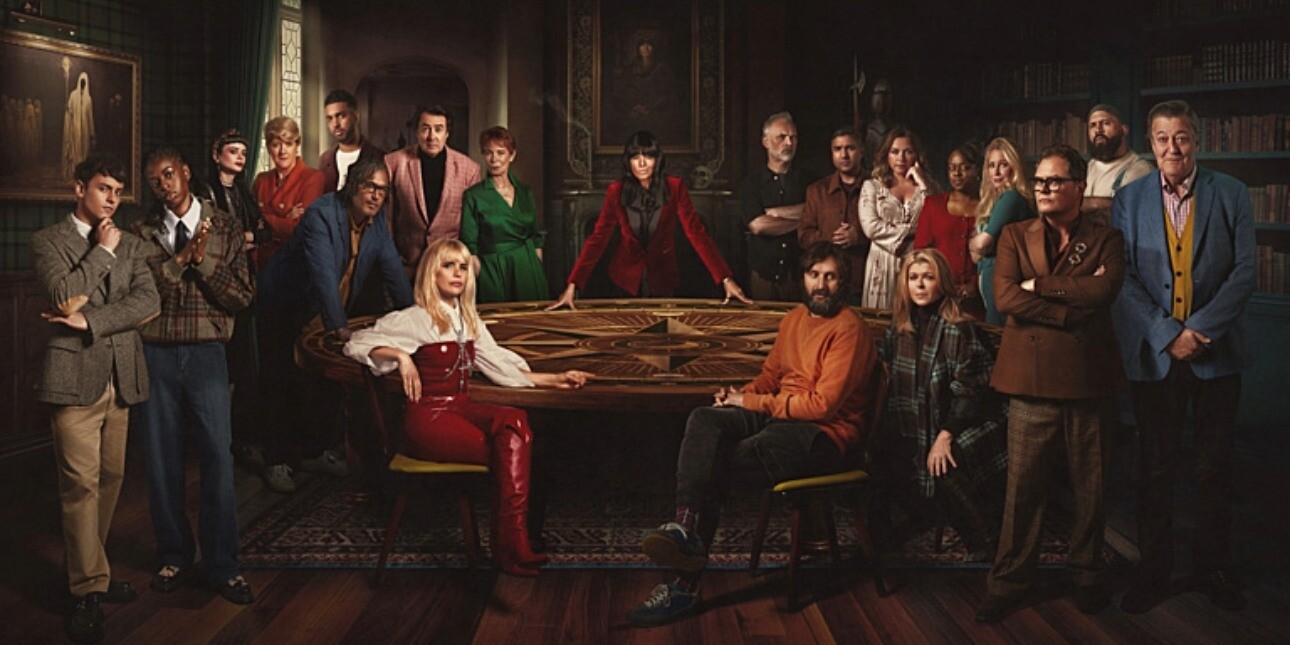Celebrity Traitors psychology: the lessons PR pros can learn about engagement
As we race towards the Celebrity Traitors final next Thursday 6 November (sob!), discover why the contestants’ behaviour reflects how consumers engage with PR campaigns
I’ve been watching The Celebrity Traitors and, as ever, I’m gripped, so I wanted to dig a little deeper into the psychology behind it and what it means for comms professionals (Spoiler-free, if you’re still catching up).
If you’ve not seen it, The Traitors is a tense reality show where contestants live together in a castle, complete challenges, and try to find out who among them is secretly betraying the group, as a traitor.
It’s addictive TV because it blends so many elements: a stunning location, a mix of engaging celebrities (I love Stephen Fry), and the question of what Jonathan Ross will wear in the next episode (which may or may not be a positive). But beneath all that, it’s a fascinating case study in human behaviour, trust, and group psychology.
At its heart, the show explores how people behave under conditions of uncertainty, fear, and social pressure. The entire format revolves around a straightforward question: Who can you trust?
Tension and anxiety
Humans are social animals. We depend on cooperation to survive, but we’re also wired to detect betrayal quickly. That tension creates the constant anxiety we see throughout the series. Players need to form alliances to succeed, but every alliance could also get them banished from the game.
What really struck me, though, was something Stephen Fry said in episode four. During the round-table discussions, where the group decides who to banish, he suggested, “Let’s vote, but not discuss who we’re voting for.”
I sat there thinking, I love you, Stephen Fry. Those conversations around that table rarely lead to a good outcome. Great TV, yes, but once a few confident voices speak up, others tend to follow, even when they’re unsure. It’s a perfect example of groupthink and social conformity, where the pressure to fit in outweighs the desire to be right.
It’s also a fascinating look at morality. Contestants tell themselves that lying is permitted within the rules, which reduces guilt and internal conflict. In other words, context temporarily shifts their moral compass.
Psychological principles of PR
Bringing this back to our everyday work, these are the same psychological principles that shape how people engage with our messages and campaigns. Trust, behaviour, and bias sit at the heart of every communication challenge we face.
Like The Traitors, our audiences often navigate uncertainty, emotion and social influence, which is exactly why communications, coupled with behavioural science gives us such a powerful lens to design campaigns that cut through, build trust and drive real change.
In short, the show is a masterclass is what happens when trust breaks down in such a short period of time, highlighting why it’s so important for our audiences to trust the organisations we work for or with.
My main takeaway is never ever take that trust for granted. Trust takes a long time to build up but can disappear overnight.
- Watch The Celebrity Traitors final on Thursday 6 November at 9pm on BBC One. Catch up on BBC iPlayer.
Chartered PR and CIPR Fellow Dominic Ridley-Moy is the founder of The Behaviour Change Network.
.png_346b001a7105948b895436c029138788.png)
.png_0f7278855842d9d4461b97b1ec506a3a.png)

